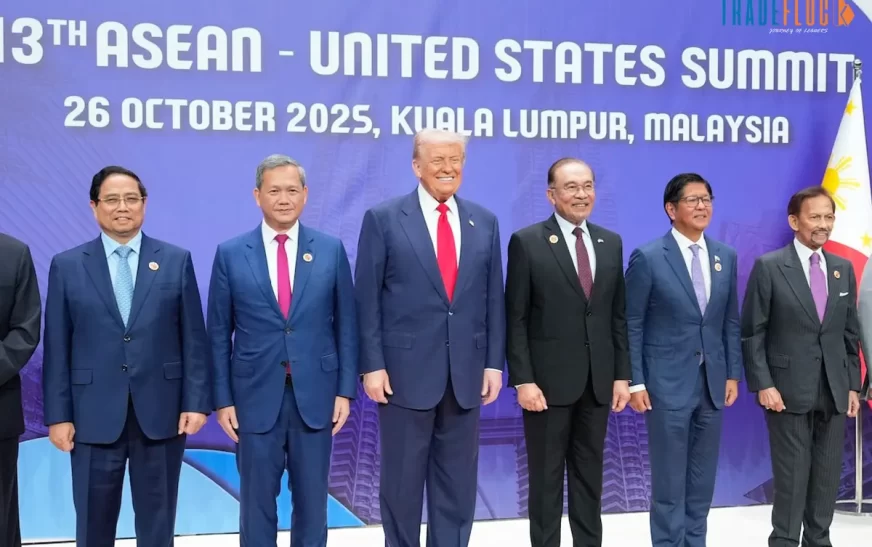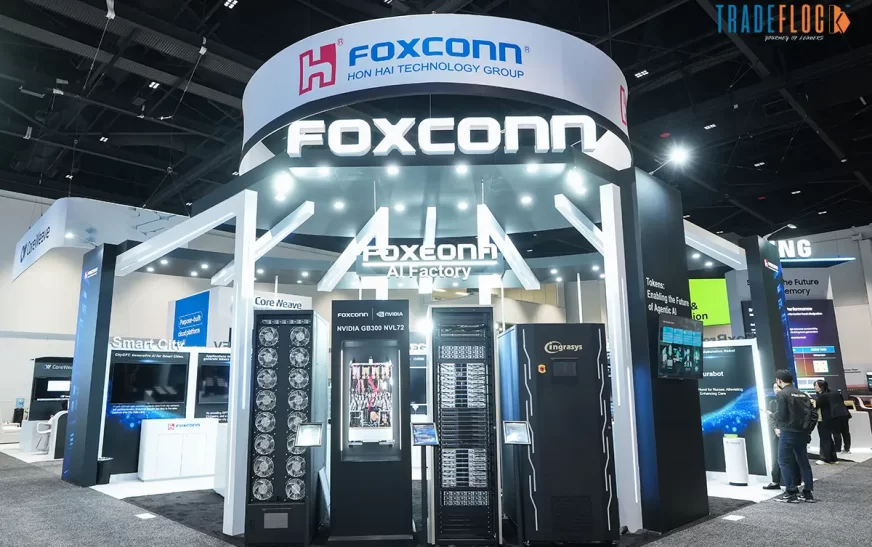The United States recently entered into several trade and critical minerals agreements with four Southeast Asian nations: Malaysia, Cambodia, Thailand, and Vietnam. This initiative aims to address trade imbalances and diversify supply chains, particularly in light of China’s tightening export controls on rare earths.
U.S. President Donald Trump, attending the ASEAN summit in Kuala Lumpur, secured reciprocal trade deals with Malaysia and Cambodia, along with a framework pact with Thailand to reduce tariffs and remove non-tariff barriers. However, tariffs on exports from these countries would remain at 19% for some goods before gradually decreasing. A separate deal with Vietnam, which had a $123 billion trade surplus with the U.S. last year, involved commitments to increase imports from the U.S. and shrink the trade gap.
Trump signed agreements with Malaysia and Thailand to enhance cooperation on critical minerals, confronting China’s efforts in the sector. China, the world’s leading producer of rare earths, has imposed incremental export restrictions, prompting global manufacturers to seek alternative sources for these vital materials used in semiconductors, electric vehicles, and military equipment. Malaysia agreed not to ban or impose quotas on exports of critical minerals or rare earths, although it did not specify whether this applied to raw or processed materials. Malaysia, which hosts significant rare earth deposits, has banned raw exports to develop its downstream sector.
The agreements also aimed to facilitate trade in digital services, with countries pledging protections for labour rights and the environment. Specifically, Thailand, Malaysia, and Vietnam committed to accepting vehicles meeting U.S. safety and emissions standards. Malaysia also secured tariff exemptions for the aerospace, pharmaceutical, and palm oil, cacao, and rubber sectors. Thailand pledged to eliminate tariffs on 99% of goods and relax foreign ownership restrictions, while planning to buy billions worth of U.S. agriculture, aircraft, and energy products annually.
Also Read: Pfizer CEO Seeks Stronger U.S.-China Biopharma Links
These deals reflect the U.S. strategy to strengthen regional ties and counter China’s influence in critical sectors. Furthermore, an enhanced ceasefire agreement between Thailand and Cambodia was signed following recent border clashes.











